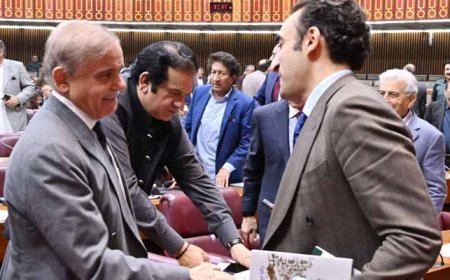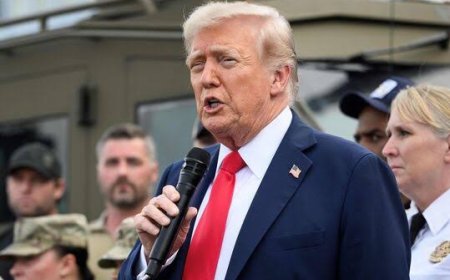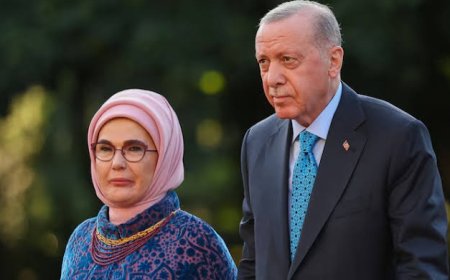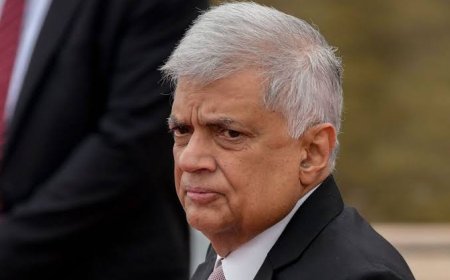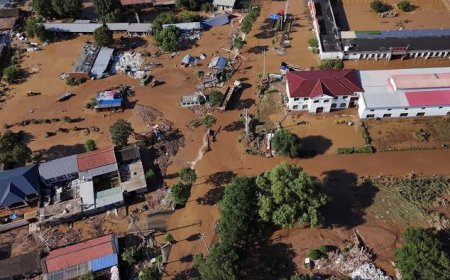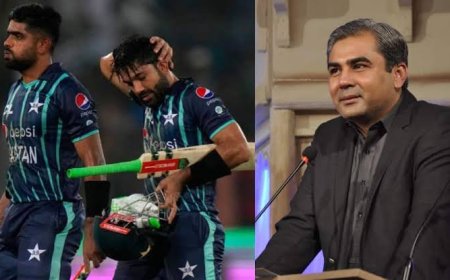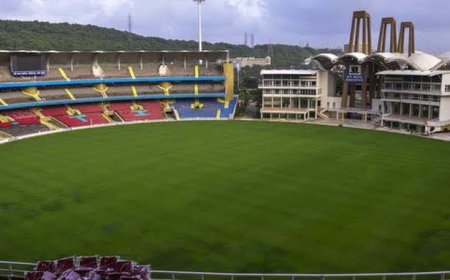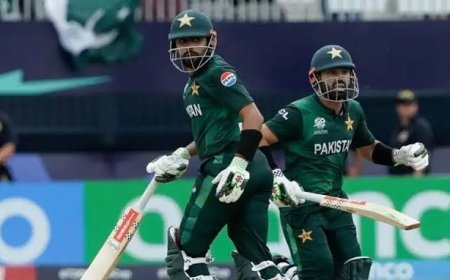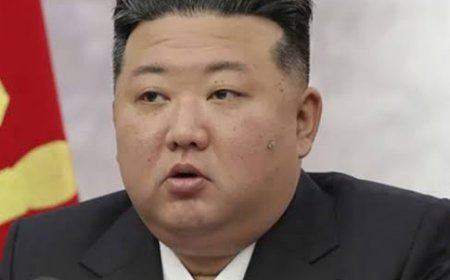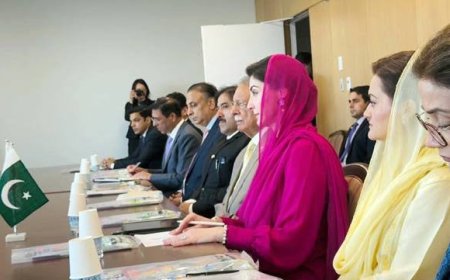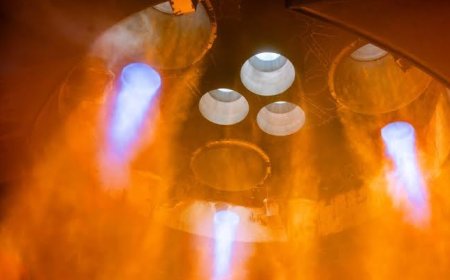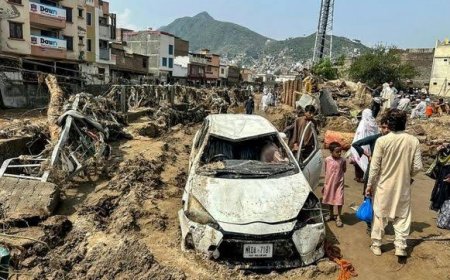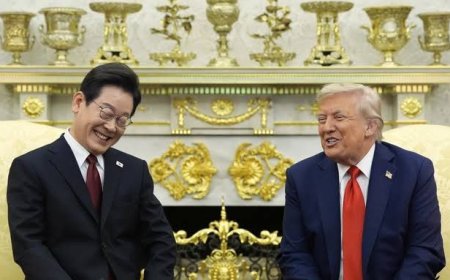Those in power have not been able to speak the truth for 77 years, says Justice Athar Minallah
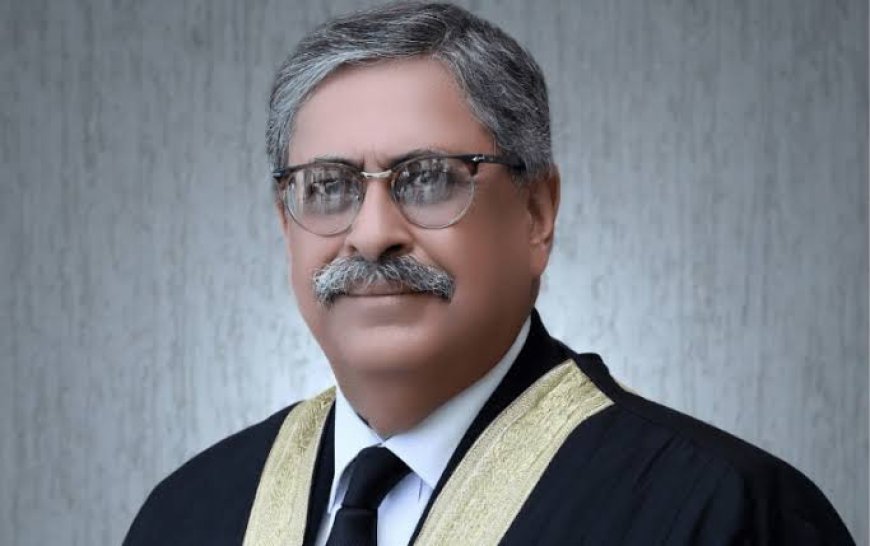
ISLAMABAD:
Supreme Court Judge Justice Athar Minallah on Saturday stressed the need for an independent judiciary and fearless judges to address the plight of missing persons, recalling his judicial struggle in some of the most difficult cases of enforced disappearances.
Addressing an event on missing persons in Islamabad, Justice Minallah said that Pakistan’s institutions, including the judiciary and parliament, must accept responsibility for the crisis.
“Our heads should hang in shame,” he admitted, “when the women of Balochistan continue to march for their missing loved ones.”
He lamented that “those in high positions have not spoken the truth in the last 77 years. The day they start speaking the truth, things will change. The truth is known to everyone, but we do not.”
The judge stressed that Balochistan “is of utmost importance to every Pakistani” and that the constitution makes every judge responsible for upholding fundamental rights.
Recalling the lawyers’ movement, he said that its real aim was never just to restore the judiciary. “Let me say that it was not a movement to restore judges. It had a very, very big role. Its role was to restore democracy, restore the constitution and above all, the rule of law in the country.”
He noted that during the lawyers’ movement, the slogan was “Riyast Sab Ki Maan” (State is the mother of all), meaning the state is expected to take care of its children. However, he lamented that if the state is seen as complicit, the courts are left powerless.
Justice Minallah also shared a personal memory of his years of civil service before resigning. Speaking before colleagues, he recalled, he encouraged others to do the same, including a police officer who admitted to being informed of the “unannounced policy of extrajudicial killings” during his first posting.
Turning to his judicial career, he described the enforced disappearance cases as “the most difficult” since his appointment in 2014.
“Fortunately, the first judgment I gave, the victim of enforced disappearance, her family, that daughter was also like Amina’s daughter.” “And the judgment I gave… if you read the judgment, the directions that were given, those directions during the four years that I served as Chief Justice, were extremely effective.”
He stressed that he had made his position clear to the government. “I had made it clear to the executive that I would not tolerate a single case of enforced disappearance within my jurisdiction.”
Justice Minallah cited the Maira Sajid case as a landmark judgment that became a benchmark for accountability. During his tenure as the Chief Justice of the Islamabad High Court (IHC) since November 2018, he said the court works “round the clock” as a constitutional court, even handling urgent petitions at night.
“The first case that came to me… I was at home, and the Supreme Court did not take up the case,” he recalled. “Even though journalists went there, I received it in the evening. I issued an order that these are my instructions in this judgment. All these officials will be held accountable if… and a separate message was sent to the authorities that no tolerance will be tolerated.”
In such cases, one missing SECP official belonged to a retired general, a youth named Hamza, and another Munir Akram. In each instance, strict court orders forced the authorities to produce the individuals, sometimes within days. “But in old cases, progress was stalled due to the lack of independent investigators,” he lamented.
He also recalled the disappearance of journalist Mudassar Naru, whose young son was left in the care of his grandmother after his mother died. “One day I was hearing cases in court and suddenly I heard a child crying in the court… It was Mudassar Naru’s child. His mother had passed away, and the state had failed to tell them at least whether he was alive, dead, or where he was.”
Seeking to “sensitize the issue,” Justice Minallah ordered Naru’s son and grandmother to be taken to the then prime minister. “It is very difficult for the courts when the state is not cooperating with you,” he said, emphasizing that this responsibility falls on the federal and provincial executives.
With a "very heavy heart," he said, he later summoned then-Prime Minister Imran Khan to court. "And the prime minister appeared. Naru's son was also with him. He assured the court and the child that his whereabouts would be known when I reached the Supreme Court in a hurry."
What's Your Reaction?










